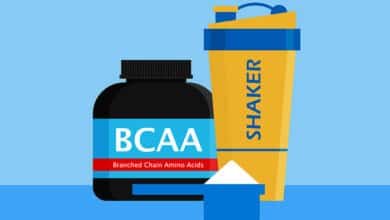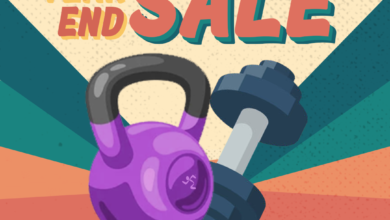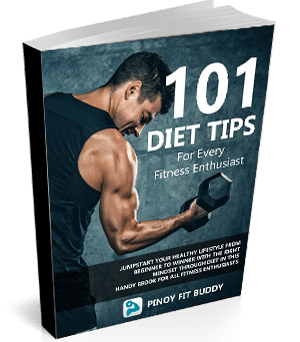An important facet of bodybuilding is bulking. But with some broscience, you might be hearing some bulking myths. You may have heard about bulking mentioned by training coaches in gyms. Or on fitness channels as something that’s a crucial strategy in bodybuilding. Bulking is the term that describes the gradual boost in consuming calories that exceeds your body’s basic requirements.
“Bro, just eat whatever. Also just take a lot of protein! Bro if you want to be ripped, just eat while doing a lot of cardio as well. Bro, bro, bro!”
The focus of bulking is to achieve muscle mass as soon as possible. This happen by means of combining improved diet with proper exercise. Bulking is a pretty popular term in the gym world. Nowadays, people even use the term as just eating a lot and probably just tell people that “they’re bulking”.
But even the best of trainers don’t call that bulking, that’s fatting!
It comes as no surprise that people who wants to achieve a better physique start believing in bulking myths. So how do we know which bulking practices work, and which ones don’t? Read on to spot the top myths about bulking.
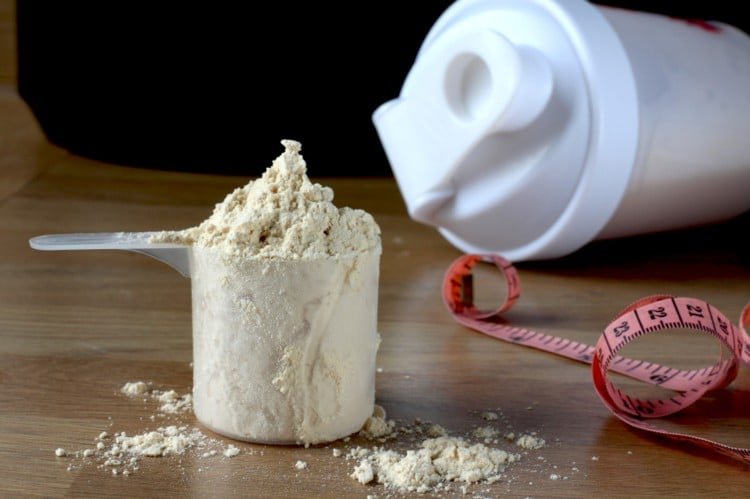
Myth #1: Supplements are essential for bulking
I know we all love our supplements and some of us treat them as part of our work-out routine. For some, they feel like it is indeed a requirement. However, did you know that you can meet your bodybuilding nutrient requirements just by consuming whole foods? In particular, the consumption of whole grains, fatty fishes, and natural oils can help you achieve energy, micronutrient as well as macronutrients.
The only time for you to consider supplements as an essential part of your diet is when the food you need that will supply you essential nutrients to maximize your work-out is not available. An example of this is amino acids.
Also Read: Keep That Fitness Balance: Exercise and Sleeping Better

Myth #2: You shed fat with bulking
Another popular bulking myth here is about to be debunked. This one’s very, very popular among a lot of people. Honestly though, bulking requires you to consume more calories than your usual intake. That’s because you need to do intense resistance work-outs that can build up your muscles. Gaining muscle is therefore the ultimate goal of bulking, and not losing fat. There’s a certain phase that you have to go after all your caloric surplus. Losing fat a.k.a. cutting is the that stage, which would come right after bulking.
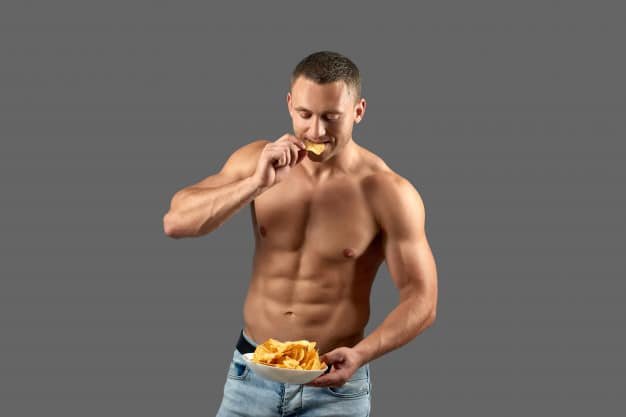
Myth #3: Bulking is all you need to gain muscles
Although gaining muscles is the ultimate goal of bulking (as mentioned), in order to achieve the goal of muscle gain, one must pair bulking with resistance work-out. Without combining resistance work-out with consuming more calories, you’ll just end up gaining weight. Also you getting fat, which defeats the whole purpose of getting ripped.

Myth #4: Simply consume more calories
In your bulking process, choose to eat more calories but be sure to choose those calories wisely. According to studies, having a diet full of processed foods will make it a challenge to lose fat and maintain muscles. So to maximize your bodybuilding process, choose to consume food that are not processed. Pick foods that do not consist of saturated fats (or less of it!). What’s more, eating processed foods can lead to a wide range of health problems. That includes heart diseases and cancer. There’s a thin line between looking good and being healthy overall. So take that into consideration.
Also Read: How Much Sugar is ‘Too Much”?
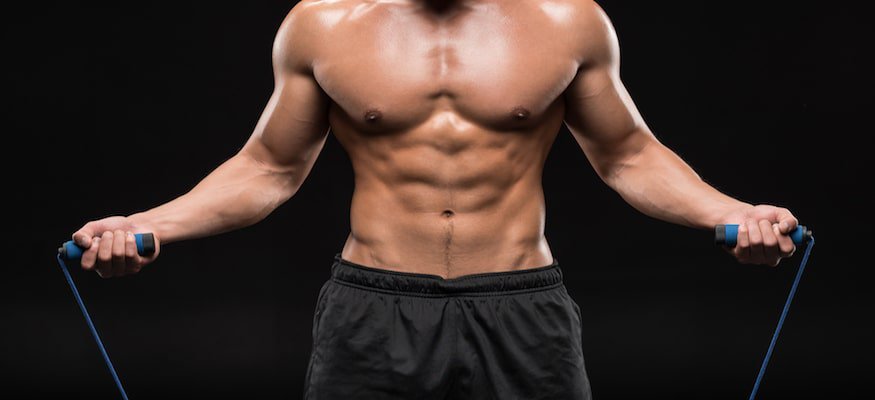
Myth #5: Muscle definition is achieved with bulking
Another common bulking myth is that bulking can lead to muscle definition in just a short amount of time. The process of bulking takes at least six months to complete, and this will only help you gain muscle mass. As soon as muscle mass is attained, the next stage is the cutting stage, the process where you progressively cut down on calories while still continuing to do resistance work-outs. This is the stage where you will begin to see improvements in muscle definition, and not while you are at the bulking stage.
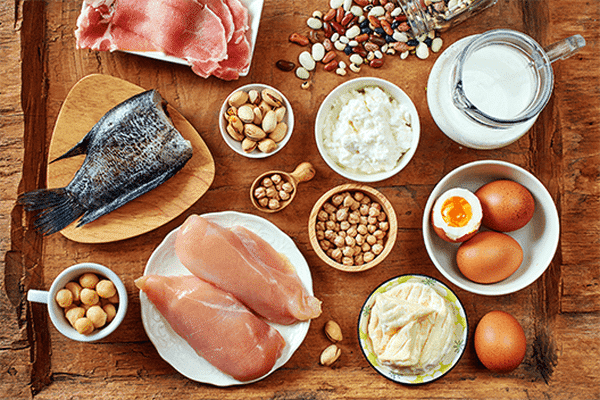
Myth #6: Extra calories should only be sourced from protein
Yes, protein is crucial and is every bodybuilder’s best friend. However, don’t think that all the extra calories you will need for bulking should only come in protein form. Although your body may need proteins when you are building muscles, your body also needs carbohydrates and fats. So keep this in mind, when you are increasing that calorie intake.

Myth #7: The same bulking strategy increases muscle mass for everyone
Your body is as unique as you are, and the same bulking strategy and exercise regimen that worked on your friend may not work out for you at all. To ensure that you have the proper combination of increased calorie intake and exercise. So your body can effectively produce muscle mass for you. Also from time to time, be sure to consult a nutritionist or a health professional.
I hope you learned something new today about these bulking myths and thus helping you do that bulking right away as we prepare for the holidays and summer next year. As for me, I’m doing bulking too, but just being self-concious with what I eat. So, good luck with your progress and keep working to achieve ripped greatness! Ciao!
Jeff
 |

